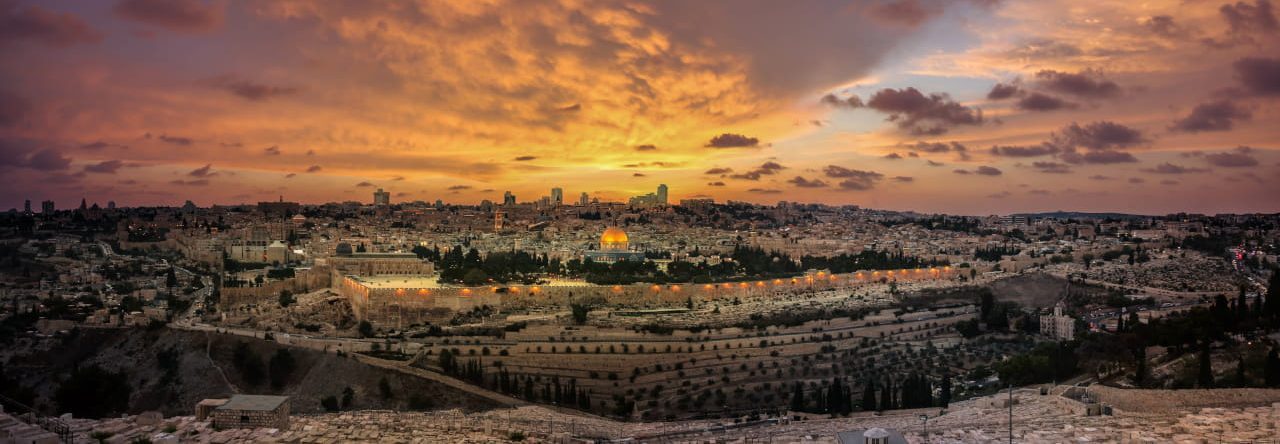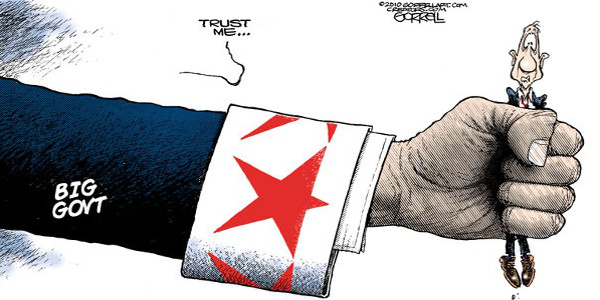In nearly every state across the nation the trend to implement some form of quality rating system for preschools is being debated, developed, or deployed. The law of unintended consequences creates a vacuum of sorts where religious exemption is concerned. For QRIS programs to be effectively deployed, all preschools must be on a level playing field. To accomplish this, most states are proposing mandatory state licensure. In fact, mandatory state licensure is now on the landscape in several states over other issues like the Child Care and Development Block Grant (CCDBG), state universal pre-K programs, and others.
 Florida is to be commended for their recent move to continue to recognize the value of faith-based centers and the quality they bring to the state, while still complying with legislation to monitor. In a recent public workshop, the Florida Department of Children and Families proposed that religious exempt centers be inspected three times each year for health, safety, and sanitation issues only—the most basic of inspections—but allow the center full autonomy in all other areas, validating their religious exemption. This measure will allow the continuation of federal subsidies to faith-based centers which provides early literacy and math development for at-risk populations. Out of nearly 6,500 preschools in the state, less than 10% are religious exempt. Yet, Florida’s move to protect their exemption demonstrates the need and importance these centers bring to Florida communities. (See paragraph (1)(f) of the proposed rule).
Florida is to be commended for their recent move to continue to recognize the value of faith-based centers and the quality they bring to the state, while still complying with legislation to monitor. In a recent public workshop, the Florida Department of Children and Families proposed that religious exempt centers be inspected three times each year for health, safety, and sanitation issues only—the most basic of inspections—but allow the center full autonomy in all other areas, validating their religious exemption. This measure will allow the continuation of federal subsidies to faith-based centers which provides early literacy and math development for at-risk populations. Out of nearly 6,500 preschools in the state, less than 10% are religious exempt. Yet, Florida’s move to protect their exemption demonstrates the need and importance these centers bring to Florida communities. (See paragraph (1)(f) of the proposed rule).
Most states are not as forward thinking. In most states, the path of “least resistance” is to mandate licensure for all. Doing away with religious exempt preschools strikes at a significant philosophical underpinning of American culture: freedom of religion. The dilemma created is that freedom of religion and freedom of school choice apparently do not necessarily go hand in hand.
Virginia, for example, recently created a wonderful school choice initiative utilizing tax credit scholarships. Students that fall under a certain cap for family income may be eligible to receive a scholarship to attend a faith-based school. Given the trends in our country, this is what American citizens want. For years, a faith-education was reserved only for those who could afford it. Religious education was for the rich!
However, as progressive as these ideas seem, the views of early education are equally regressive. In states like Virginia, close minded legislators with tunnel vision promote a one-size-fits-all approach of mandatory state licensure. Unlike school choice initiatives, instead of providing opportunities for preschoolers to attend the preschool of choice, including faith-based centers, student from at-risk homes may ONLY choose state licensed programs.
The disparity that this creates is manifold. On the one hand, we are all taxpayers and we should all have access to the benefits of those taxes, regardless of race, religion, or creed. A center, who promotes faith as a component of an otherwise quality learning program should not be excluded from funds that benefit citizens based on the virtue of religious exemption. If this holds true, then states should reconsider other government services. Maybe fire departments should NOT respond to fires that are raging at houses of worship. Maybe the US should let ISIS continue its conquest of the Middle East since it is CLEARLY a religious issue.
But alas, no! No, because we all have equal access and equal protection under Amendment 14 of the US constitution…unless you are a preschool religiously exempt from state licensure.
The worst disparity this creates is that religious education remains elusive to the poor. What has always been will always be: options for the poor are limited. In the end, the same door of opportunity just does not swing outward in a house of poverty. Religious education will remain reserved for those who can afford her—the rich. After all, the poor choose their poverty, right?



